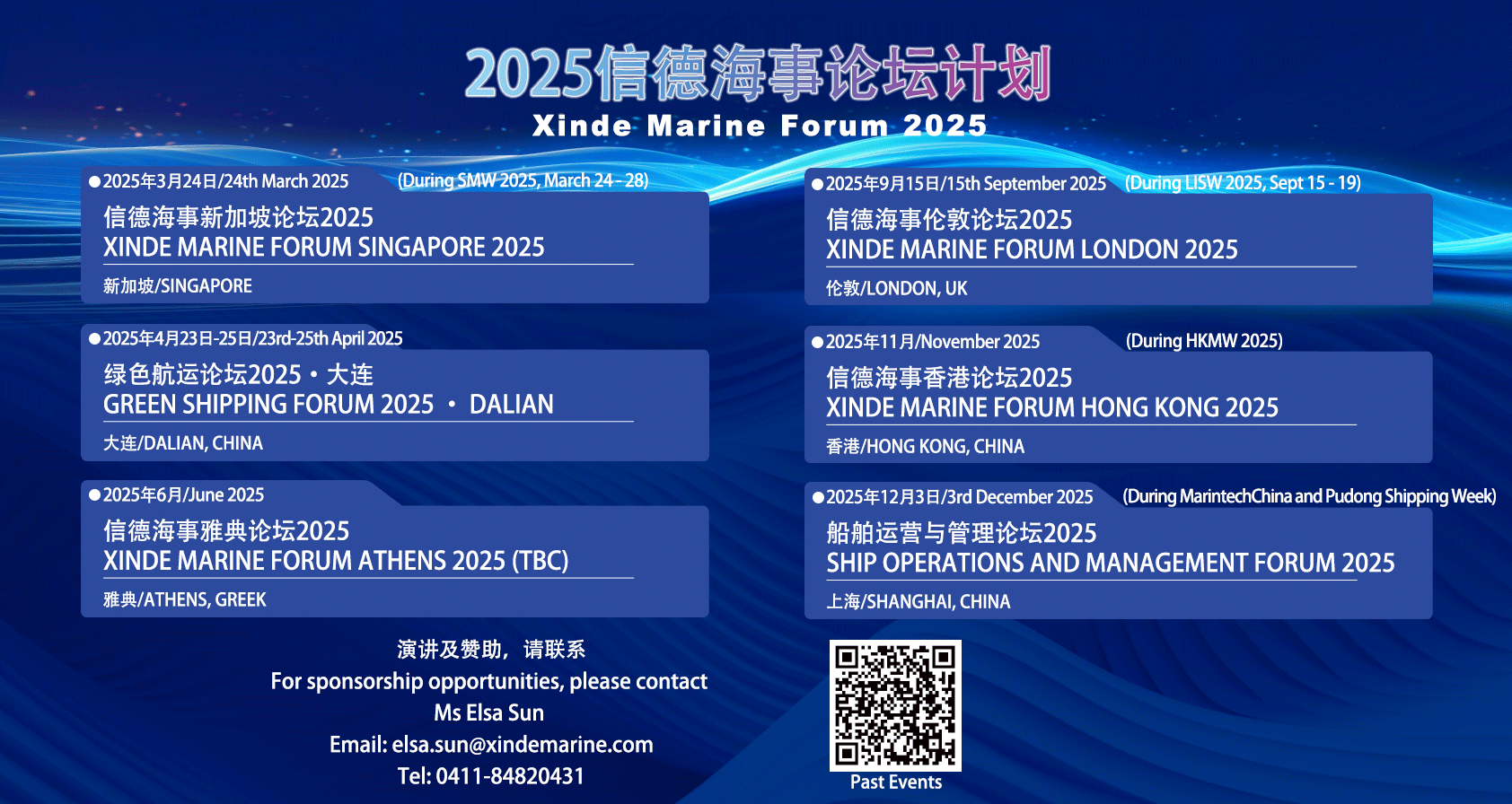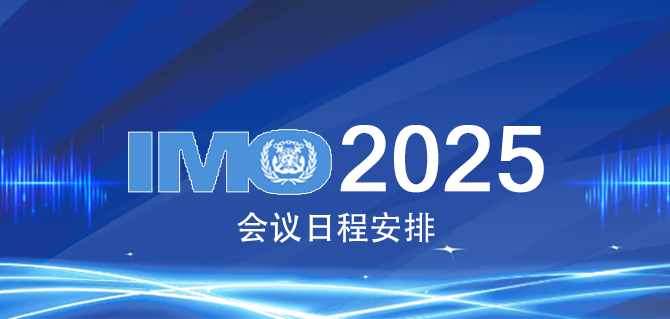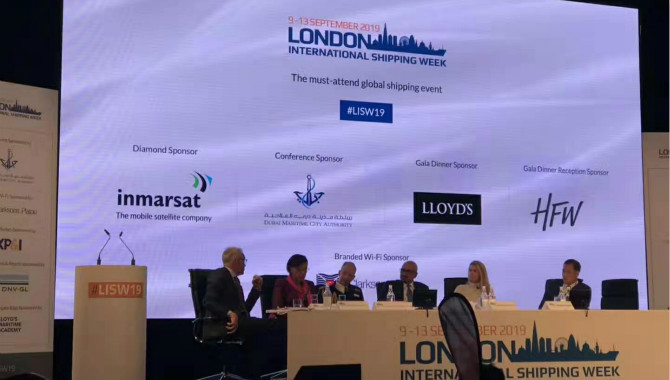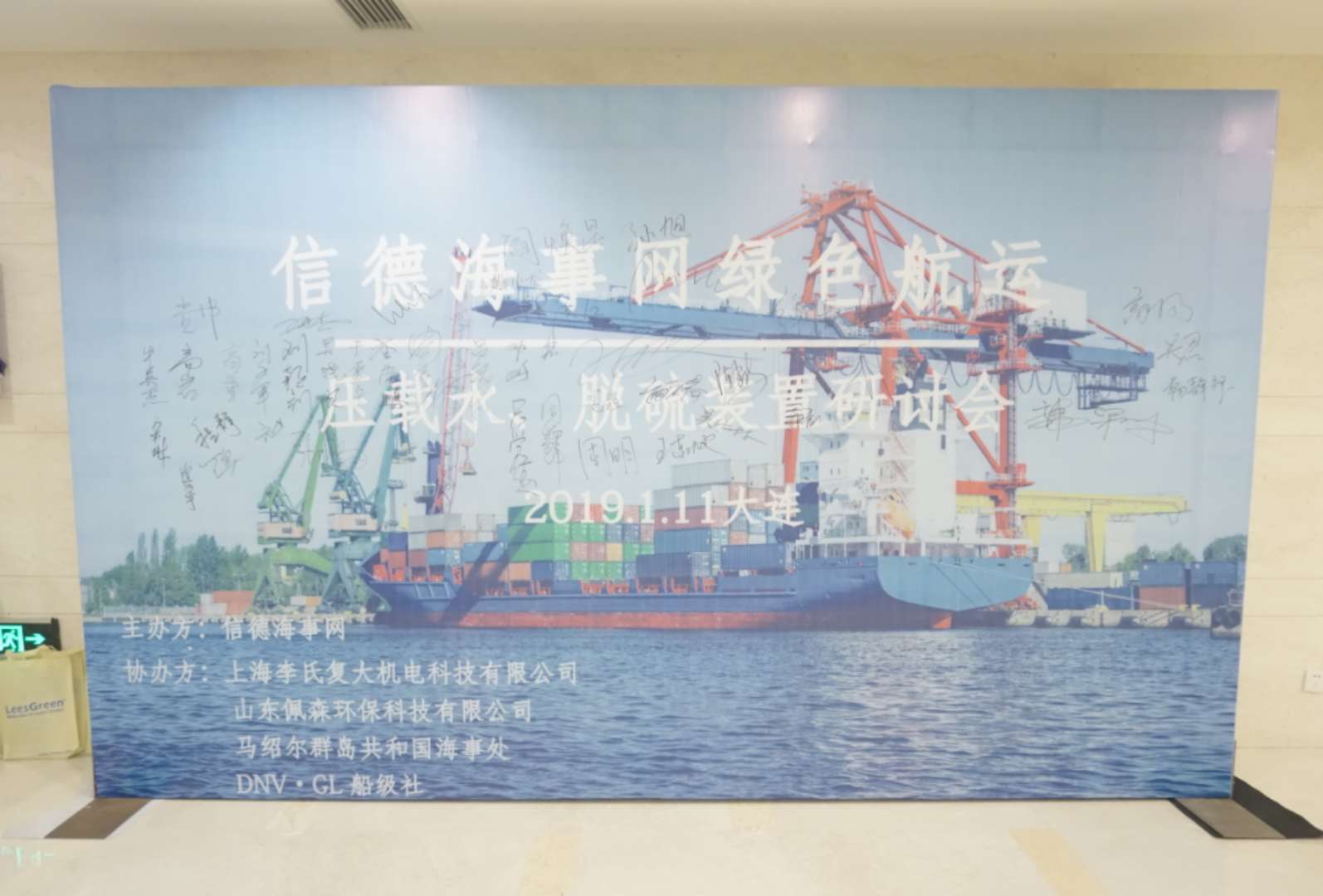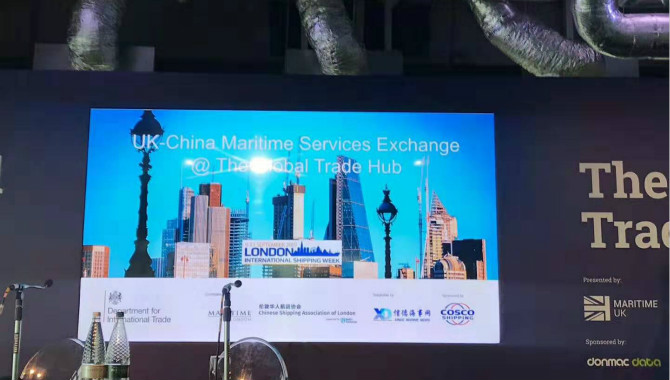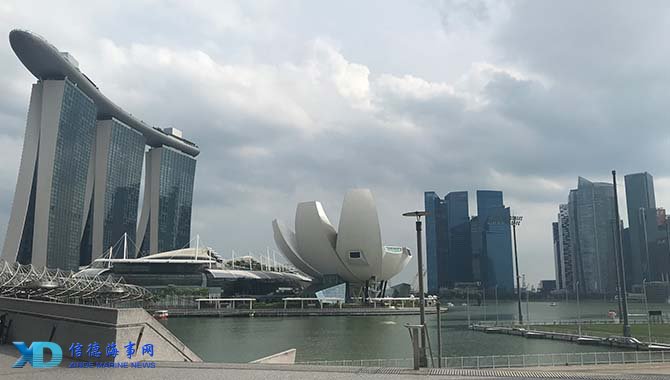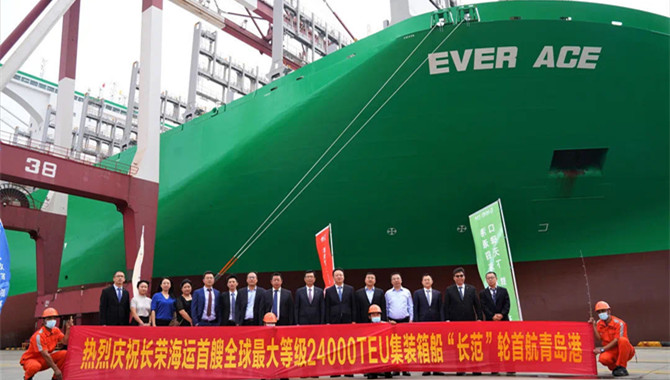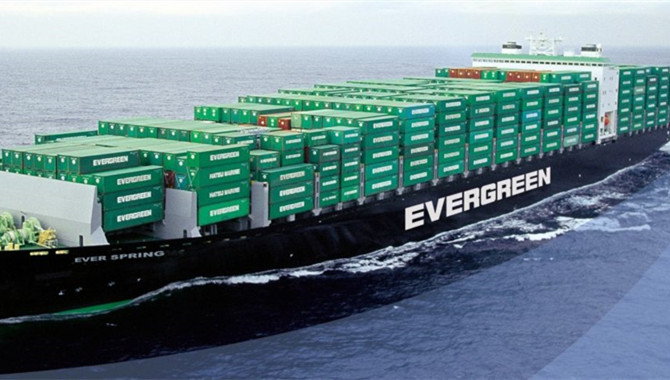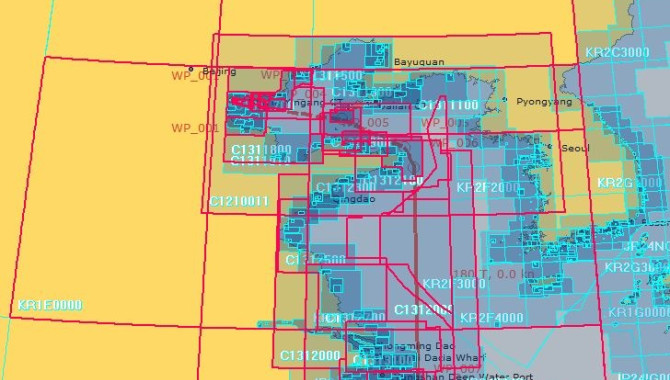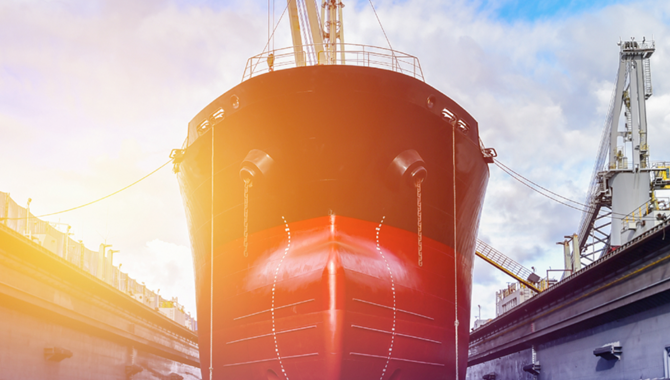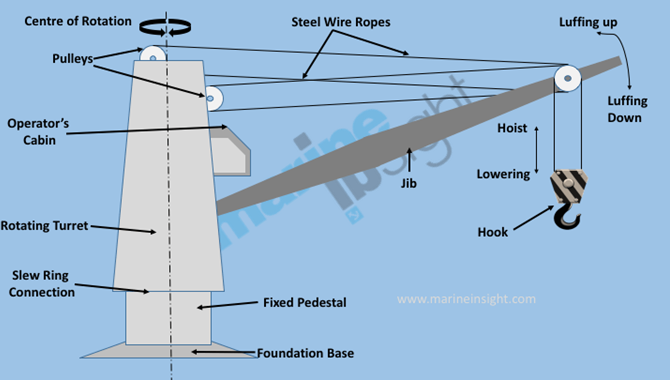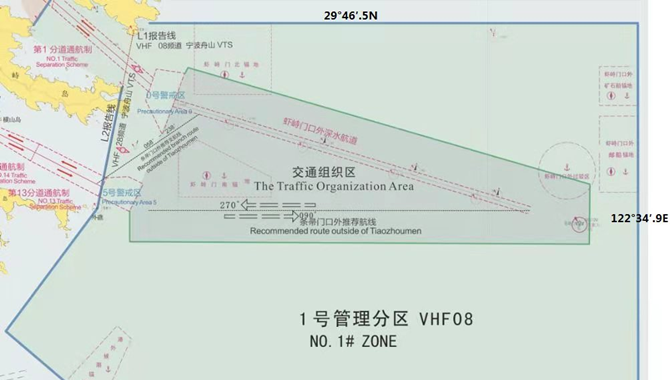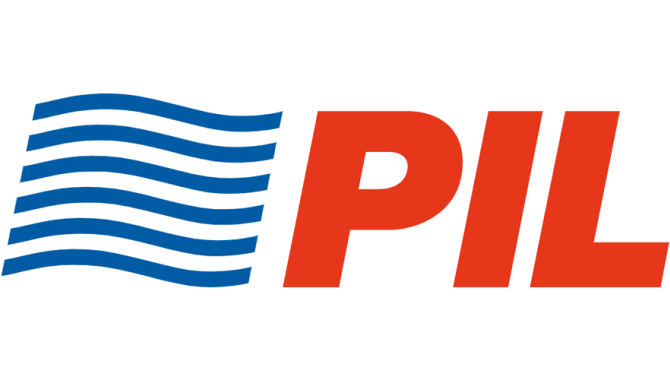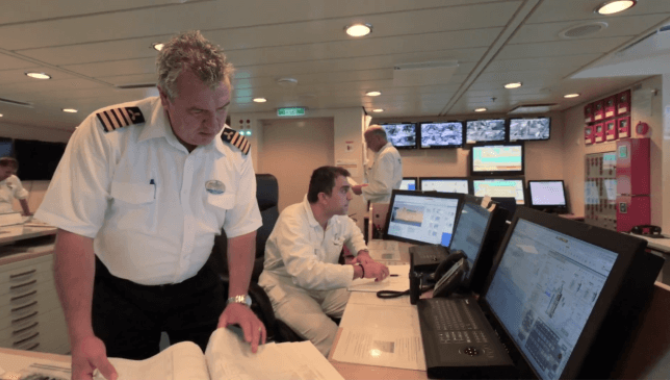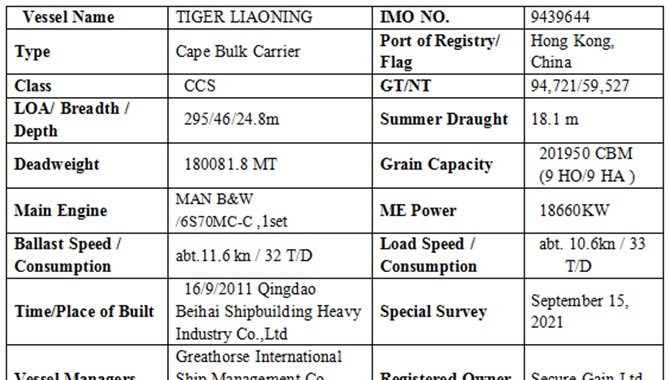This increase has been noted particularly in scrap cargoes loaded in the ports of East Coast USA and notably in the port of Ghent (Belgium).
Scrap Cargo: Follow the Code
‘SCRAP METAL’ is a bulk cargo shipping name (BCSN) found in the IMSBC Code. It is a Group C cargo but it must not contain fine metal turnings known as ‘swarf’.
If it does contain swarf, then it would likely fall under the schedule ‘FERROUS METAL BORINGS, SHAVINGS, TURNINGS or CUTTINGS UN 2793’, which is a Group B cargo.
Weather
The IMSBC Code clearly states that scrap metal should be kept as dry as practicable before loading and not loaded in the rain.
The main reason for this is that when scrap metal is wet it will accelerate the oxidisation process. As oxidation is an exothermic reaction (generating heat). Should the cargo contain swarf, turnings, or other contaminants such as timber or rags, this can lead to fire.
What have we seen?
In recent months we have become aware of instances of vessels loading scrap metal in Belgium and the United States experiencing fires in the cargo holds. The causes of these incidents appear to be due to a combination of factors:
·The cargo is sprayed on loading: Stevedores or longshoremen may spray the cargo on load to reduce dust generation.
·The cargo is loaded during rain: Sometimes there is a request to load the cargo in rain, with shippers/charterers offer to issue a ‘rain letter’ in exchange for owners agreeing to continue loading. This should be resisted as P&I cover is at risk where an owner loads or discharges a cargo in the rain in circumstances where it was entitled to refuse to do so. In such circumstances a rain letter, under which the issuer indemnifies the carrier against the consequences of loading or discharging in the rain may stand as an alternative to cover.
·The cargo contains swarf. Often there is a large proportion of swarf, cuttings, borings and shavings in the cargo which means that the cargo does not meet the requirements to be considered a Group C ‘SCRAP METAL’ cargo.
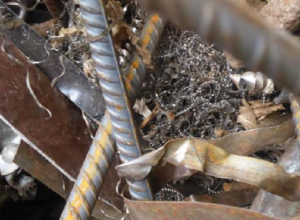
·The cargo contains contaminants. Typically, the cargo is contaminated with rags or timber. However, more recently in Ghent there have been more instances of lithium batteries being found in the cargo. The presence of these contaminants significantly increases the risk of fire once heated. On one occasion issues were caused by a scrap metal cargo containing gas canisters which still contained flammable gas.
Be Vigilant
Members should consider appointing a third-party surveyor to assist the Master and crew in monitoring the cargo content. Cargo should be closely monitored for swarf, contaminants and to avoid loading in rain.
Source:
NorthStandard
The opinions expressed herein are the author's and not necessarily those of The Xinde Marine News.
Please Contact Us at:
media@xindemarine.com


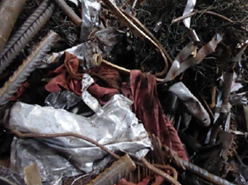
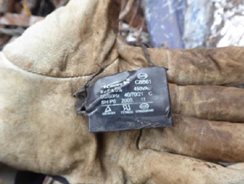

.gif)



